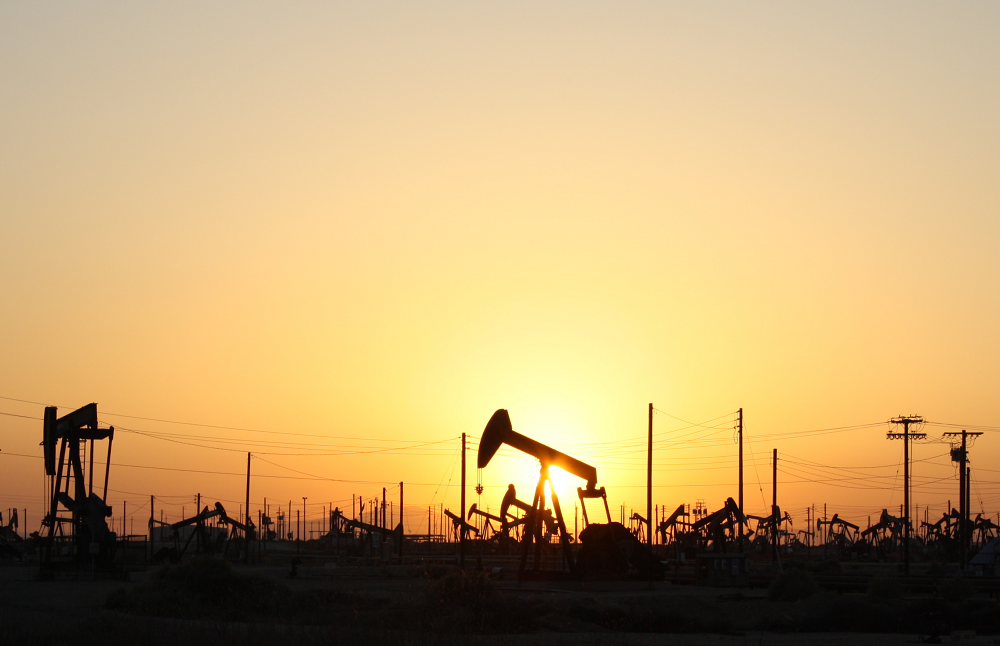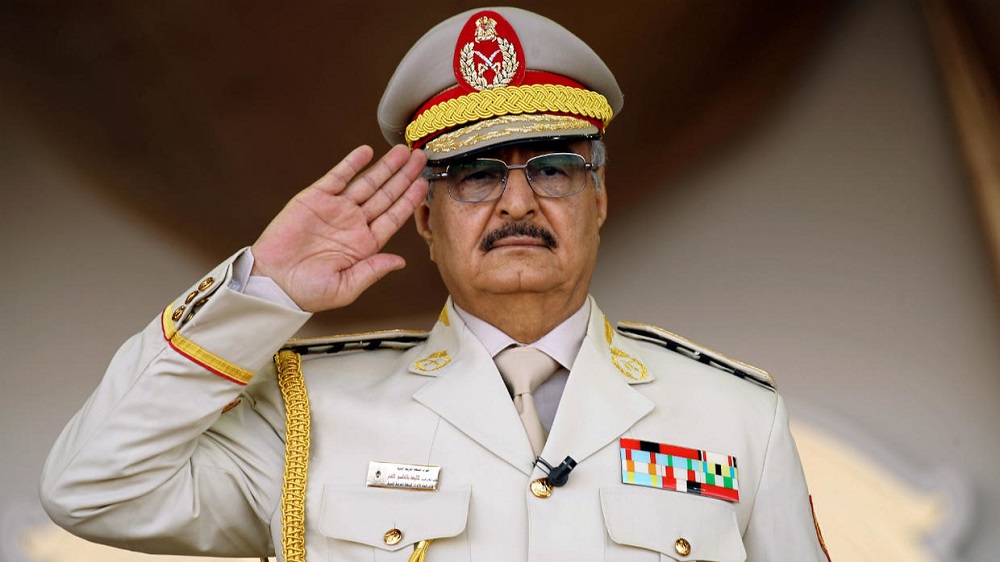
Nine years have passed since revolution in Libya toppled former leader Muammar Gaddafi – but political power struggles, in which oil has become the key bargaining chip, have now left the country on the brink of financial crisis.
That was the warning recently issued by Prime Minister Fayez al-Serraj, whose fight against the commander of the Libyan National Army (LNA) Khalifa Haftar has escalated since last April to a point where oil production in the country has fallen more than 80% in a matter of weeks.
It is the result of a series of blockades instigated by the military leader across Libya’s key oil and gas transport and production infrastructure, severely hampering industrial activity in a bid to coerce the government into meeting his demands.
The state-run National Oil Corporation (NOC) has confirmed that in early February, domestic crude output dropped to as low as 163,000 barrels per day (bpd) – adding that this figure could soon fall further to 72,000 bpd if the stand-off continues.
To put that into context, oil production before the blockades began a month ago (18 January) was upwards of 1.1 million bpd.
Prime Minister al-Serraj has cautioned that the economic impact of the disruption – which has now caused more than $1.4bn in lost revenue according to the NOC – is putting the country’s financial security at risk.
According to the Reuters news agency, he said: “We warned against using oil as a pressure card. Certainly, in light of the continued closure of oil facilities, the 2020 budget will face a deficit and will drop to its lowest levels.”
Oil production has become the key battleground in Libya’s long-running civil war
In the wake of the 2011 revolution, which emerged as part of the Arab Spring protest movement, political and social instability has left rival groups grappling for power in Libya, seeking to rebuild the nation in their own image after more than four decades of Gaddafi’s rule.
The conflict between the LNA and the internationally-recognised Government of National Accord (GNA) – headed by al-Serraj – has intensified over the past year, as each faction seeks to assert control over the capital Tripoli.
While the sitting government retains stewardship of the NOC and the Libyan central bank – the channels through which oil revenues can flow legally – Haftar has mobilised his forces and tribal allies in the south and east to shut down production sites and shipping facilities around the country.
These include the prolific El Sharara and El Feel oilfields in the south, which have a combined crude output of around 370,000 bpd.
His gamble has been to “weaponise” the country’s vast oil reserves – the biggest in Africa – cutting off vital funds to the regime he aims to topple, and forcing it to cede control of the Central Bank of Libya.
And for a country that holds some of the world’s largest-known oil deposits, and is heavily reliant on their export to generate income – Libya’s oil and gas industry accounts for about 60% of its GDP – the risks posed to the economy are significant.

Lost crude export revenues are not the only major concern to al-Serraj’s leadership, however.
Toushar Chakrabarty, a Libya-focused upstream analyst at business insight firm Wood Mackenzie, has pointed out that the disruption also has the potential to destabilise the domestic power grid.
He said: “Much of the focus is on the oil export blockade, but the Libyan power sector is facing a blow too. It uses gas for electricity generation, and may need to shift to liquid fuels to sustain production.
“For a struggling power sector, switching to more expensive liquid fuels, which are in limited supply, will result in power cuts becoming much more frequent in the country.”
Blockades cast doubt on Libya’s oil capacity expansion plans
In terms of near-term economic effects, Chakrabarty added that the blockades will undoubtedly impact revenues for those companies most active in the region – including the likes of Eni, OMV, Total, Repsol, ConocoPhillips and Hess.
They also threaten to damage the NOC’s ability to attract investors to an expansion scheme designed to increase the country’s oil production capacity over the next few years.
He added: “The NOC has set a target to increase the country’s oil production to 1.5 million bpd by the end of this year – but that seems to be in jeopardy now.
“The NOC also has ambitions to raise production to 2.1 million bpd by 2022, for which it needs to attract $60bn in investment – with $20bn in the upstream sector alone.
“Although Libyan players are acclimatised to above-ground risks and political clashes, this development will have a damaging impact on the country’s investment climate. As such, raising that kind of investment will prove challenging.”
No end in sight for Libya stand-off
Libya has been a member of Opec – the Organisation of Petroleum Exporting Countries, which regularly convenes to coordinate global oil supply – since 1962.
The intergovernmental association estimated proven crude oil reserves in the North African country to be more than 48 billion barrels in 2018 – along with 1.5 trillion cubic metres of natural gas.
Exports during that year totalled around 998,500 barrels of crude and 4.25 billion cubic metres of gas.
“Oil drives the Libyan economy, and this hasn’t changed since it began exporting oil in 1961,” said Chakrabarty. “With the loss of revenue on this scale, the country may have to dig into its foreign currency reserves.”
But with Opec members and their allies including Russia currently implementing 2.1 million bpd of oil production cuts in response to a global oversupply – and more recently the outbreak of coronavirus – international support for Libya to restart operations has not been fast to arrive.
Backers of Haftar are reported to include Saudi Arabia and Russia – nominal leaders of the Opec+ alliance – which will likely be unwilling for Libya’s crude oil to flood the market at a time when they are making their own supply cutbacks.
A series of peace talks have taken place in recent weeks, with pressure from the US and the United Nations to cease the blockade – although without more meaningful foreign intervention the stalemate looks set to continue as both sides dig in and prepare for the long haul.






